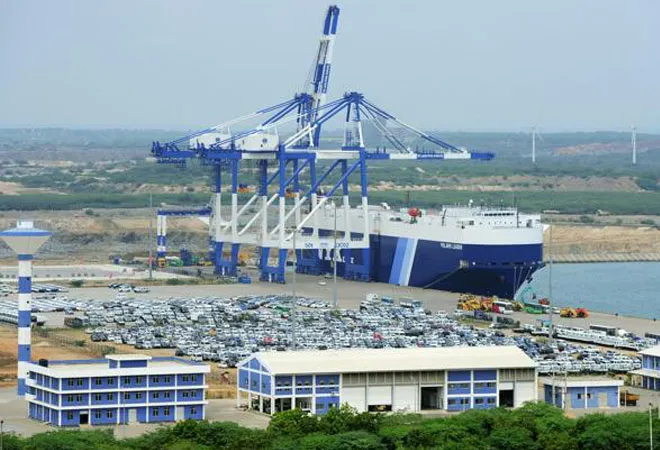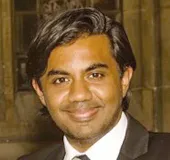-
FORUMS
- Raisina Dialogue
- Cape Town Conversation
- The Energy Transition Dialogues
- CyFy
- CyFy Africa
- Kigali Global Dialogue
- BRICS Academic Forum
- Colaba Conversation
- Asian Forum on Global Governance
- Dhaka Global Dialogue
- Kalpana Chawla Annual Space Policy Dialogue
- Tackling Insurgent Ideologies
- Climate Action Champions Network



 “The previous Government gave it
“The previous Government gave it  PREV
PREV


